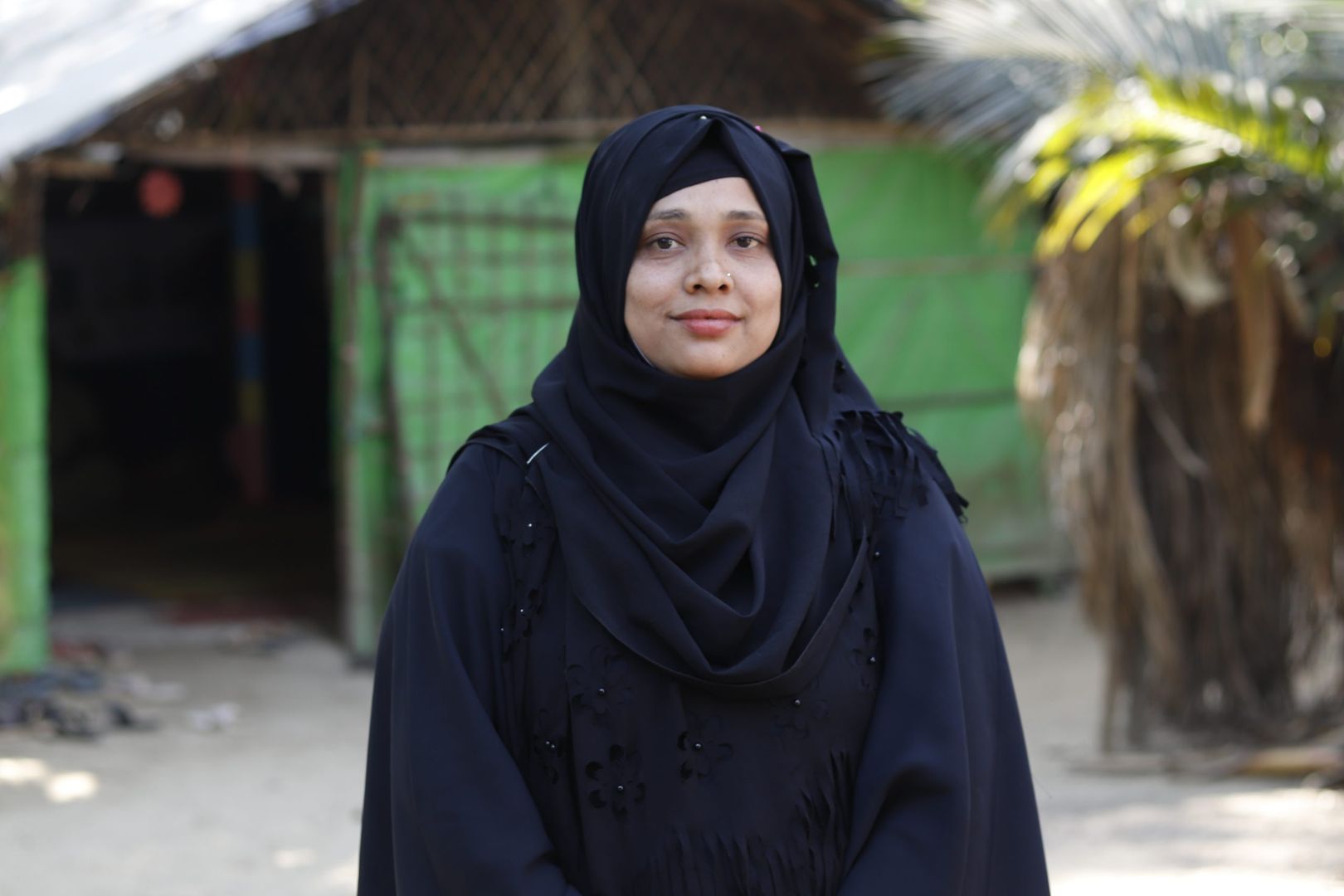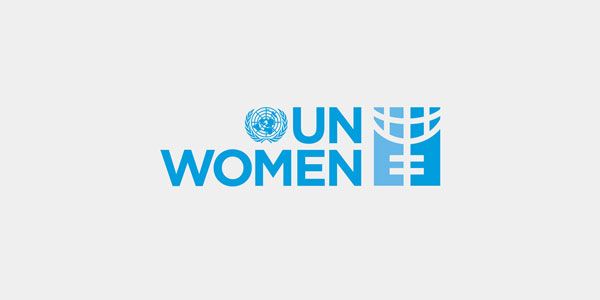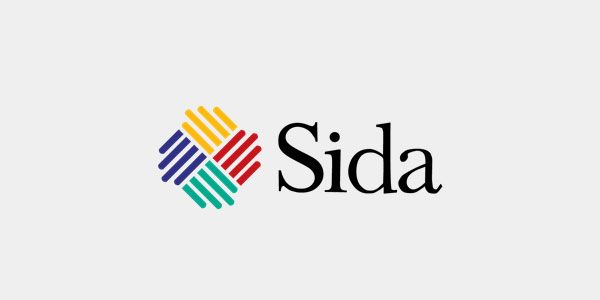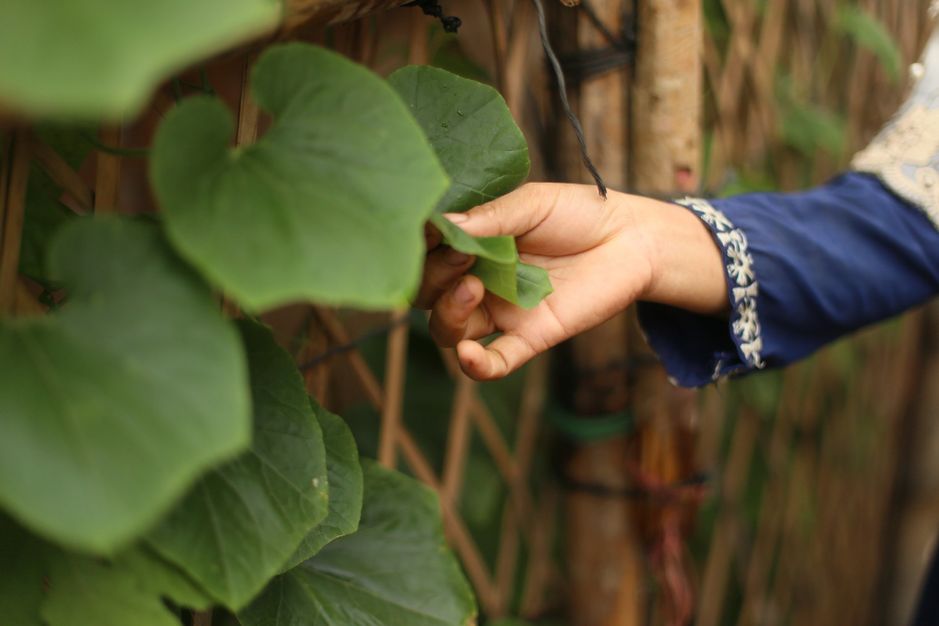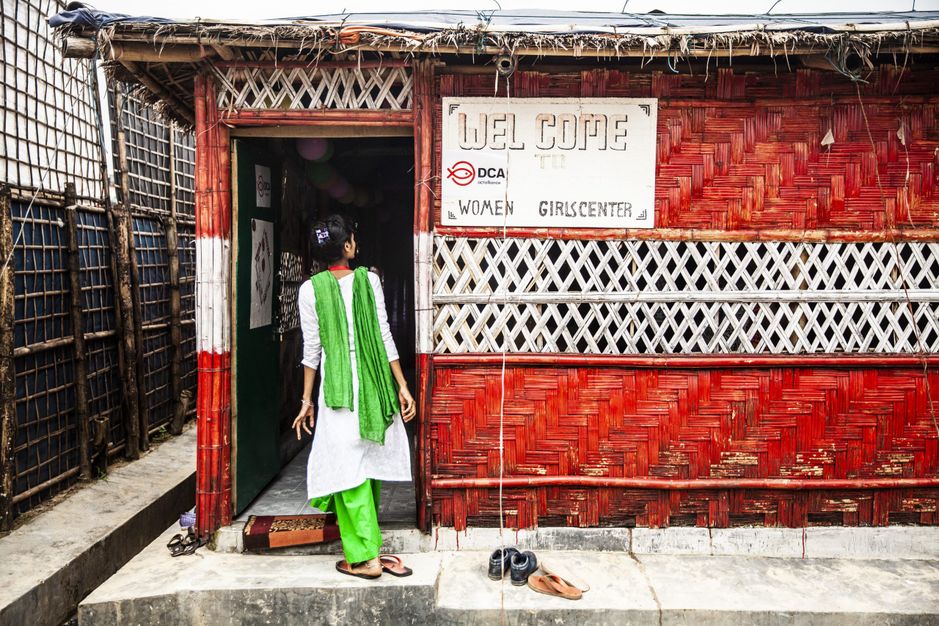Women and Girls Become Empowered Through the Second Chance Education and Vocational Learning Programme in Cox’s Bazar
“Participating in the Second Chance Education and Vocational Learning Programme has made me confident,” says Bulbul Akter, 24, a seamstress, turkey farmer and community outreach volunteer from Ukhiya Cox’s Bazar.
Akter now works for World Vision Bangladesh, a local NGO, where she delivers courses COVID-19 and other social issues on a regular basis. She also participated in sewing classes at DanChurchAid’s (DCA) Multi-Purpose Women’s Centre and a turkey farming course at a local NGO. She is now able to supplement her income by working part time as a tailor. She was able to build a house with this money, where she currently lives with her daughter and has space for turkey farming in her yard.
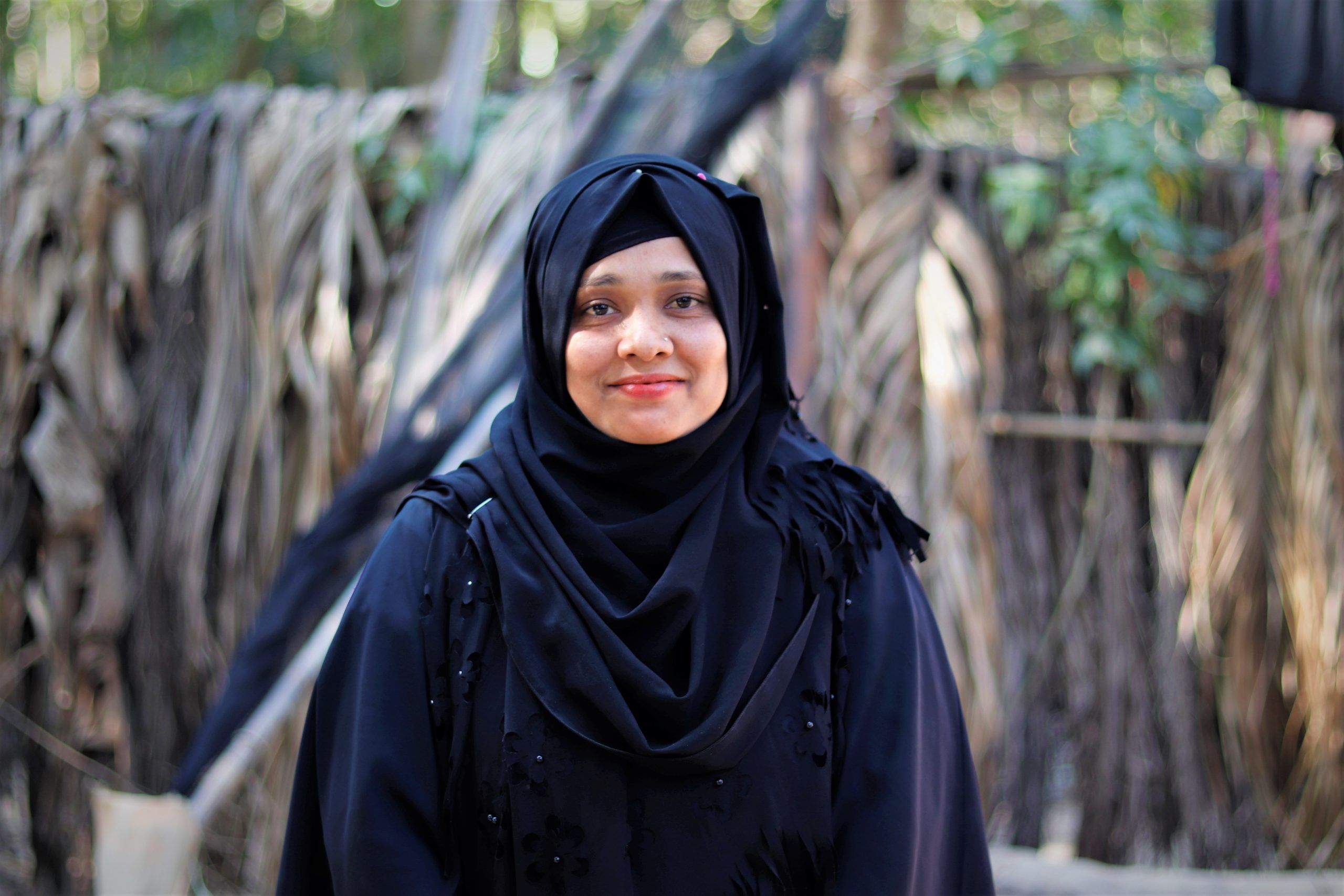
“Now, I am known to my relatives and neighbours as a self-reliant woman. I am contributing to my family and the wider community, and I can support my daughter’s studies. I have requested that my two sisters also enrol in this programme.” (Akter Bulbul)
Partners for Change
The UN Women project “Reducing Social Tension through Women’s Leadership and the Socio-Economic Empowerment of Women in Cox’s Bazar” (2020-2022) is implemented under the Second Chance Education and Vocational Learning Programme with financial support from the Government of Sweden. DanChurchAid is responsible for implementation and works to empower refugee and
host community women and girls by leading skills development trainings and learning sessions.
This impact story was created by UN Women and first appeared on UN Women’s page for Asia and the Pacific.
You can read it here: Women and Girls Become Empowered Through the Second Chance Education and Vocational Learning Programme in Cox’s Bazar | Publications | UN Women – Asia-Pacific
Donors:
Since February 2020, UN Women, with financial support from the Government of Sweden, has implemented the Second Chance Education and Learning Programme in Cox’s Bazar, Bangladesh.
The aim of the programme is to support women and adolescent girls in learning basic literacy, numeracy, and language skills to enhance their self-reliance and confidence in decision-making.
Volunteers, with the support of teachers, distribute learning materials to the students while also regularly monitoring their progress and assisting the learners to understand the material.
Nur Nahar, another Second Chance Education participant, shared that when her small boy asked her to teach him how to read and write, she couldn’t do so because she was illiterate.
“They say that you can learn at any age, so I enrolled in the SCE programme to study. We are poor, but one thing that provides us joy is that we have learnt to read and write. Now I can read the product labels at the grocery store and can calculate my money. This has been quite helpful to us.”
The Second Chance Education sessions are held in three batches of one hour each, three days a week. Each batch consists of 10 students of a total of 30 who are part of the centre. “We are also providing them with life skills training and awareness sessions on how to maintain hygiene, childcare, and prevent child marriage,” says Israt Jahan Mumu, Education Facilitator from the Second Chance Education programme.
UN Women is the global champion for gender equality, working to develop and uphold standards and create an environment in which every woman and girl can exercise her human rights and live up to her full potential.
“The goal is to equip them with additional knowledge and skills that can support their income in addition to education.” Mehtap Tatar, UN Women Programme Specialist for Gender in Humanitarian Action, explains, “With the programme, we are also seeking to address the barriers that caused women to drop out of education in the first place and break down harmful social norms and barriers that prevent them from pursuing meaningful employment and actively participating in society. Also, we are supporting women for increasing their digital literacy.
Through these efforts, the programme will work towards facilitating women’s access to income generation opportunities by linking them with the market, ensuring an enabling environment for long-lasting change is created and sustained.”

